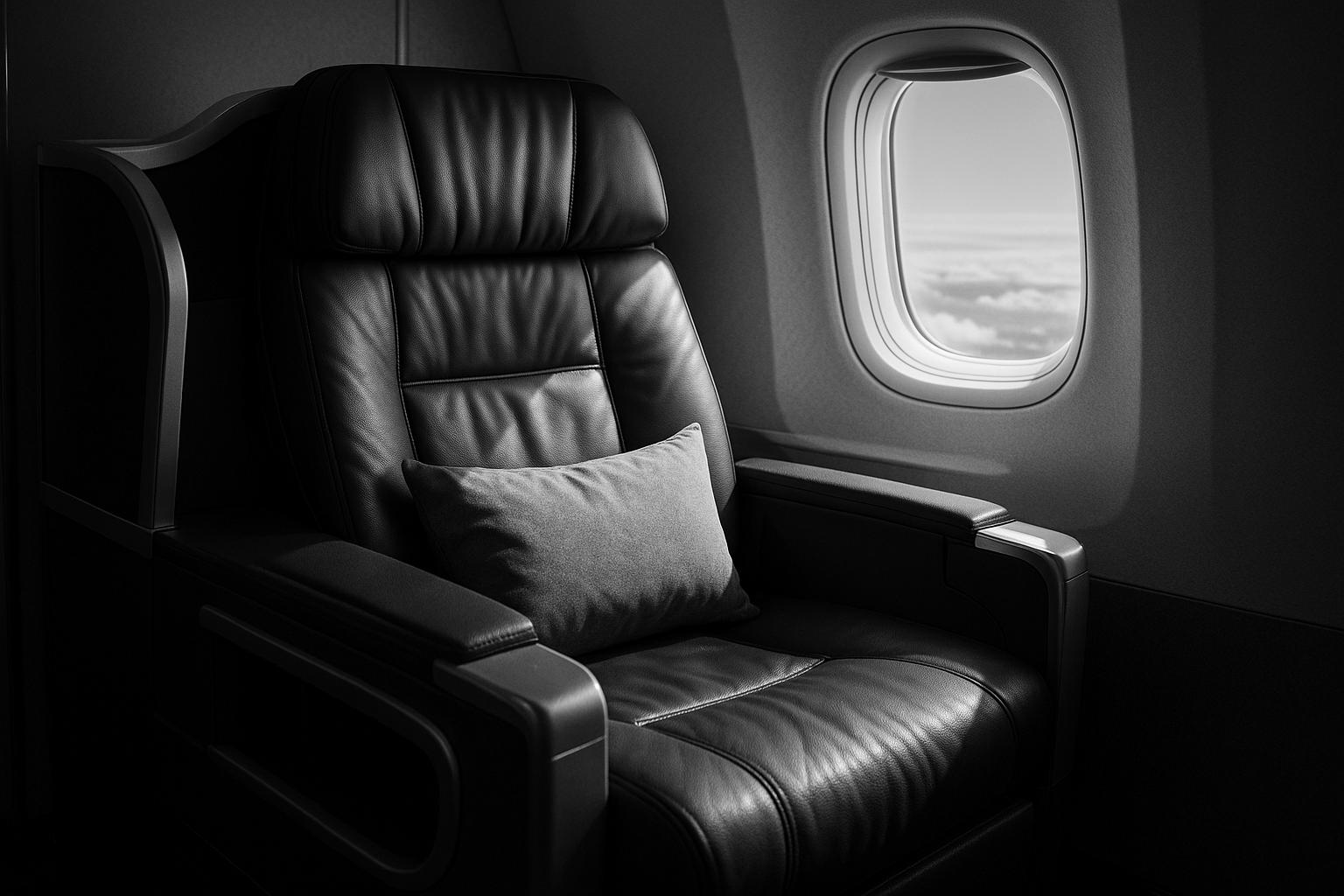Sadiq Khan, the Labour Mayor of London, has faced mounting criticism over his extensive air travel, which has seen him clock nearly 28,000 miles in just one year despite his vocal advocacy for reducing carbon emissions and combating climate change. This figure includes a 12,000-mile round trip to Rio de Janeiro for a recent C40 World Mayors Summit, an event touted as the largest global gathering of city leaders addressing climate change.
The Mayor's international itinerary over the past year has spanned multiple continents, with visits to Poland, Nigeria, Ghana, South Africa, France, Brazil, the United States, and Argentina among others. These trips have reportedly cost the taxpayer tens of thousands of pounds, with a July journey to Africa alone—covering Nigeria, Ghana, and South Africa—amounting to £84,000, including flights in business and premium economy classes, and accommodation. This four-day trip generated approximately 260 tonnes of carbon emissions, a staggering amount far exceeding the average emissions of an entire UK family for a year.
While Khan has defended these journeys as essential for promoting trade, investment, and cultural ties to benefit London, political opponents have seized upon the apparent contradiction between his global travel and his climate agenda. Conservative Assembly member Neil Garratt sarcastically remarked that the Mayor seems to be "tackling climate change one business class long-haul flight at a time." Similarly, London’s Conservative leader, Susan Hall, has suggested that Khan should "stay at home and fix the problems here," highlighting domestic concerns over London's environmental progress.
Khan’s advocacy on environmental issues is well-established. He co-chairs the C40 Cities network, engaging nearly 100 city leaders committed to climate action. At the Rio summit, he reiterated his criticism of figures like former US President Donald Trump, whom he labelled a “climate wrecker” for denying the climate crisis. He also promoted the ultra low emission zone (ULEZ) policy as a significant achievement for lowering London's pollution levels and revealed plans to expand the installation of solar panels in schools across the city.
Despite his environmental stance, Khan's extensive air travel has raised questions, especially as London faces criticism for not being on track to achieve its net zero emissions target by 2030. A letter from Leonie Cooper, chair of the London Assembly's environment committee, specifically called for urgent investment to accelerate green initiatives in the capital. The trips, many of which involve flying in business class, have generated carbon emissions that critics argue undermine the mayor’s public commitments.
The mayor’s office has stated that many of the costs from the recent Brazil trip are being covered by the C40 organisation, funded by Bloomberg Philanthropies, but questions remain about the environmental impact. London’s opposition voices highlight this as emblematic of a broader gap between rhetoric and action, particularly when domestic policies intended to curb emissions struggle for progress.
Interestingly, Khan has expressed opposition to Heathrow Airport's expansion, citing concerns over noise, air pollution, and climate targets, stating as recently as January 2025 his resistance to any plans allowing hundreds of thousands of additional flights annually due to their severe environmental impact.
Sadiq Khan’s long history as mayor since 2016 includes more than 20 international trips, with data showing his travels have generated an estimated 43.6 tonnes of CO₂ emissions across 13 international trips since 2016. His travel footprint is equivalent to flying around the Earth multiple times, prompting calls from environmental advocates and political competitors alike to reassess priorities and public messaging on climate change commitments.
In the broader context of city leadership tackling climate change, Khan's extensive travel contrasts with moves by his new Deputy Mayor for Environment, Mete Coban, who pledged to cut back on air travel after accumulating 40,000 air miles in a previous role. This underscores a tension within environmental leadership about balancing necessary global engagement with local environmental responsibilities.
While Khan continues to promote London’s role on the international stage and push climate change as a vital agenda, the details of his travel and the resulting environmental impact underscore the complex challenges faced by political leaders striving to align global ambitions with local sustainability.
📌 Reference Map:
- [1] (Daily Mail) – Paragraphs 1, 2, 3, 4, 5, 6, 7, 8, 9, 10, 11, 12, 13
- [2] (Evening Standard) – Paragraphs 1, 2
- [3] (Evening Standard) – Paragraph 2
- [4] (Evening Standard) – Paragraph 13
- [5] (GB News) – Paragraph 11
- [6] (London.gov.uk) – Paragraph 11
- [7] (GB News) – Paragraph 13
Source: Noah Wire Services
